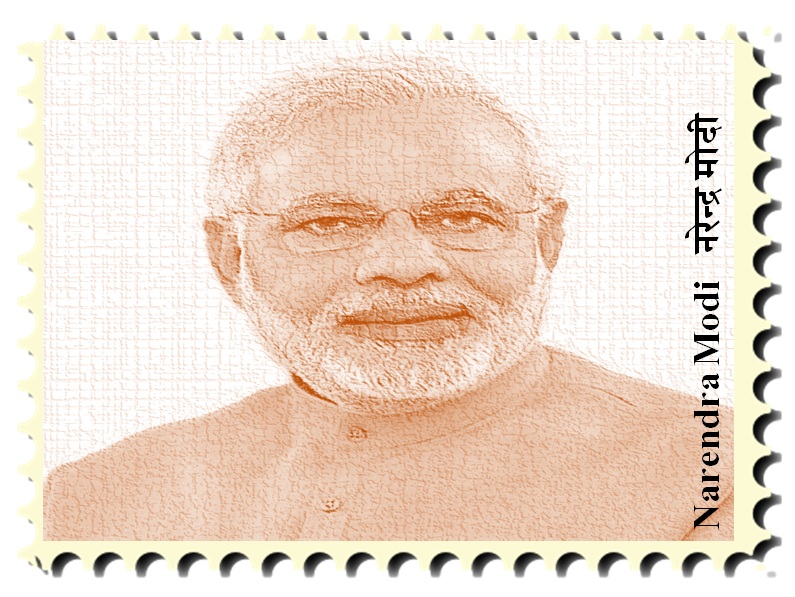The postal department was closely attached to the life of people in rural India for a long time. It was the main source for exchanging information, money orders and light goods from relatives or the family member who were living in distant places. The services of telephone, fax, and private courier services were limited to cities because they neither had the resources nor the infrastructure to expand throughout the length and breadth of the country. It was only India Post, the government-operated postal system in India which has penetration to remotest corners of the country. So it is like a heritage for the majority of Indians living in villages as well as in cities.
Since the last few years, the operations of India Post had shrunken and its market share declined significantly. Continued innovation in communication technology like the expansion of telephone, and then mobile phones at dirt cheap prices affordable to everyone played a crucial role in declining relevance of India Post. The courier part was taken over by private players who expanded with efficiency in post-liberalization period. But, India Post still has unmatched penetration especially in rural India due to its strong expansion in earlier days and the obligation to reach to the last man of the country. So, it became relevant once again when the e-commerce companies started using its unmatched services to deliver products in the remote corners of the country. With the surge in non-traditional services, India Post started posting strong overall recovery in revenue and the traditional services are also recovering from the last three to four years due to government efforts.
According to data provided by the Ministry of Communications, while the total revenue earned by India Post for the year 2017-18 jumped by 11.4 per cent to Rs 12,823 crore from Rs 11,511 crore in 2016-17, a large part of the growth came from traditional services as the revenue from traditional services jumped 15.2 per cent from Rs 8,157 crore in FY17 to Rs 9,404 crore in FY18. “The revenue from non-traditional sectors including e-commerce and other value-added services has shown continuous growth over the last three years. “ said Manoj Sinha, Minister of State for the Ministry of Communications under which India Post operates.
Among traditional businesses, while revenue from the sale of stamps declined 22 percent to Rs 366 crore, the remuneration from savings bank and savings certificate rose 14 percent or by Rs 1,017 crore to Rs 8,102 crore in FY18. Revenue from MGNREGA rose over three times from Rs 48 crore to Rs 156 crore. During the year, the revenue from non-traditional and value-added services rose 2 percent to Rs 3,418 crore from Rs 3,353 crore in 2016-17. In FY’16, the revenue from non-traditional and value-added services stood at Rs 3,098 crore. Speed post, which includes cash on the delivery facility (as a value-added service) to cater to the growing e-commerce market now accounts for nearly 54 percent of the total revenue from non-traditional services. Revenue from speed post has grown from Rs 1,605 crore in FY16 to Rs 1,785 crore in FY17 to Rs 1,846 crore in FY18.
The growth in revenue which will lead to larger profit will give the postal department fiscal space to increase the salary of lakhs of the rural postman who have serviced the people throughout their life for little remuneration. The Union Cabinet in last month approved the long-standing demand of around 2.6 lakh rural postmen, known as Gramin Dak Sevaks (GDS), by raising the basic pay by over three-fold. Gramin Dak Sevaks, who were getting Rs 2,295 per month, will get Rs 10,000. Those who are getting Rs 2,745 will get Rs 12,000. GDSs who are paid Rs 4,115 will get Rs 14,500 per month. The decision by the Modi government will increase the minimum wage of a postman to 10,000 per month and maximum to 35,480 per month. The systematic efforts by the government are improving the fiscal health of the postal department as well as the life of lakhs of postmen.
